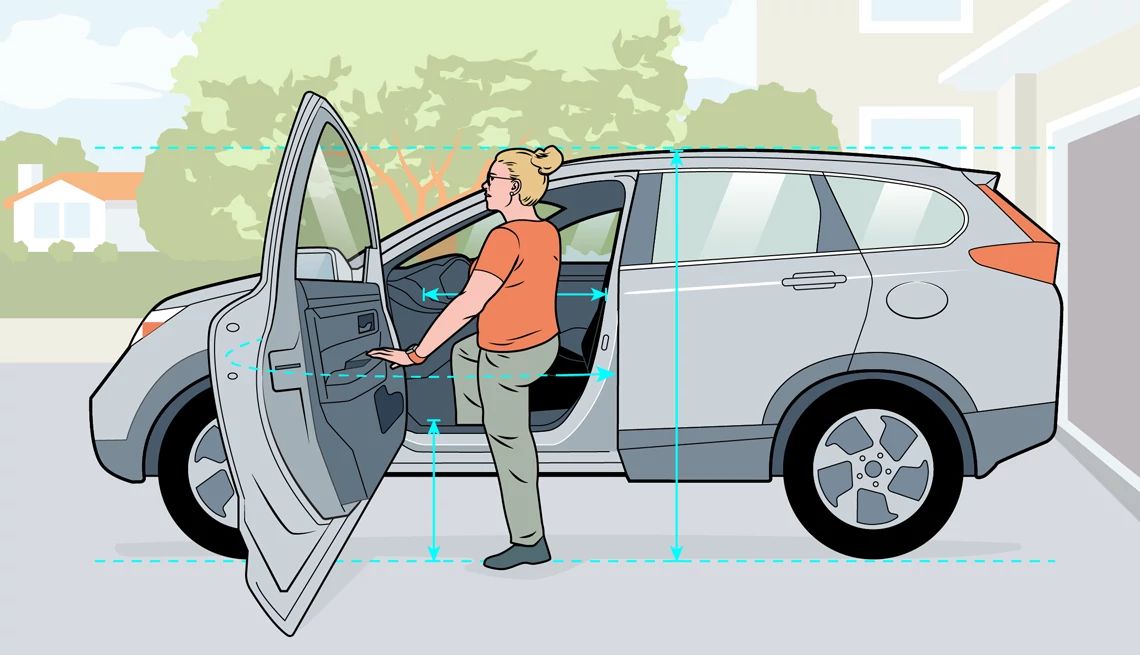
- Select a language for the TTS:
- UK English Female
- UK English Male
- US English Female
- US English Male
- Australian Female
- Australian Male
- Language selected: (auto detect) - EN
Play all audios:
CODEPENDENCY AND TOXICITY Despite a toxic relationship, sometimes there’s a codependency involved, says Suzette Abend, a licensed clinical social worker in Long Beach, California. Many care
recipients drink, which she says “fuels the flames” of aggression and vitriol. Caregivers buy the alcohol because they fear what will happen if they don’t. And, she says, sometimes
caregivers are financially dependent on the care recipient’s income. “The adult child is living in the care recipient’s home and does not have a substantial enough income to live on their
own. They’re typically unemployed and themselves could be on Social Security,” she says. Elder law attorney Stephanie Townsend Allala of El Paso, Texas, says she’s very familiar with the
dynamic. “It’s the person who does the most for you and cares for you — that person is the one that takes the brunt of the abuse,” she says. “Whatever bile or anger has been saved up over a
lifetime, something starts spilling out to the nearest person. When people start to lose the ability to hear well, talk and speak and communicate their wishes, they resort to physicality.”
Townsend Allala says, “The law doesn’t say because you have dementia you can’t be charged with a crime, but often it’s the element of intent that you’re not able to prove in a dementia
case.” ‘THIS IS THE DEMENTIA TALKING’ Rob,* 57, of Manor, Texas, is caregiver for both his parents and his partner, in addition to working full-time at a nonprofit and at a part-time job as
well. Although his parents — both in their mid-80s and with health conditions but who can live independently with his oversight — haven’t expressed aggressive tendencies, Rob says his
partner of 24 years has had a personality change because of early onset dementia diagnosed about five years ago. “When he’s very tired, he goes into fight-or-flight mode. His base instinct
is to be very argumentative. Many things become my fault,” Rob says of his 60-year-old partner. “At first, I took it very personally. But then, you start seeing a pattern and this is the
dementia talking. It’s not me.” Christopher’s caregiving “break” is a job. He works two weekend nights at a brewery and pays a neighbor to check in on his mother while he’s at work. He
says having his mom live with him has helped him gain valuable tools to let go of some of the anger he has felt toward her. Still, he takes every day as it comes. “I really don’t know how
much longer I can continue to do this,” Christopher says. “It’s almost beyond what I’m capable of.” _*For privacy, last names have not been used._ EXPERTS OFFER TIPS TO DEESCALATE AN
AGGRESSIVE SITUATION KIM BARNES, COFOUNDER OF PARENTING AGING PARENTS, ONLINE COMMUNITY NETWORK Barnes suggests diversionary tactics, such as asking the care recipient for help with a task
like knitting or sewing or looking for a specific photo in a family album to change the subject. They’ll likely forget about the argument. PEDRO CARBAJAL-MADRID, CLINICAL DIRECTOR AT
INDEPENDENCE AT HOME, A PROGRAM THAT SUPPORTS OLDER ADULTS WITH NO-COST PROGRAMS AND RESOURCE REFERRALS “Number 1 is ‘Don’t challenge the care receiver.’ ” He urges caregivers to “become
aware of your own process. Stay calm as much as possible. Lower your voice and do not engage, even if the behavior coming at you is upsetting.” BRIAN CARPENTER, PROFESSOR OF PSYCHOLOGICAL
AND BRAIN SCIENCES AT WASHINGTON UNIVERSITY IN ST. LOUIS The stage of the disease will affect a caregiver’s actions, he says. In early stages, it’s possible to have candid conversations with
the care recipient about acceptable and unacceptable behavior — what you can and cannot say to me. But in later stages, end the conversation. “Walk out of the room. Try not to get into it
with people.” He also advises caregivers to contact their local Alzheimer’s Association for support groups.






